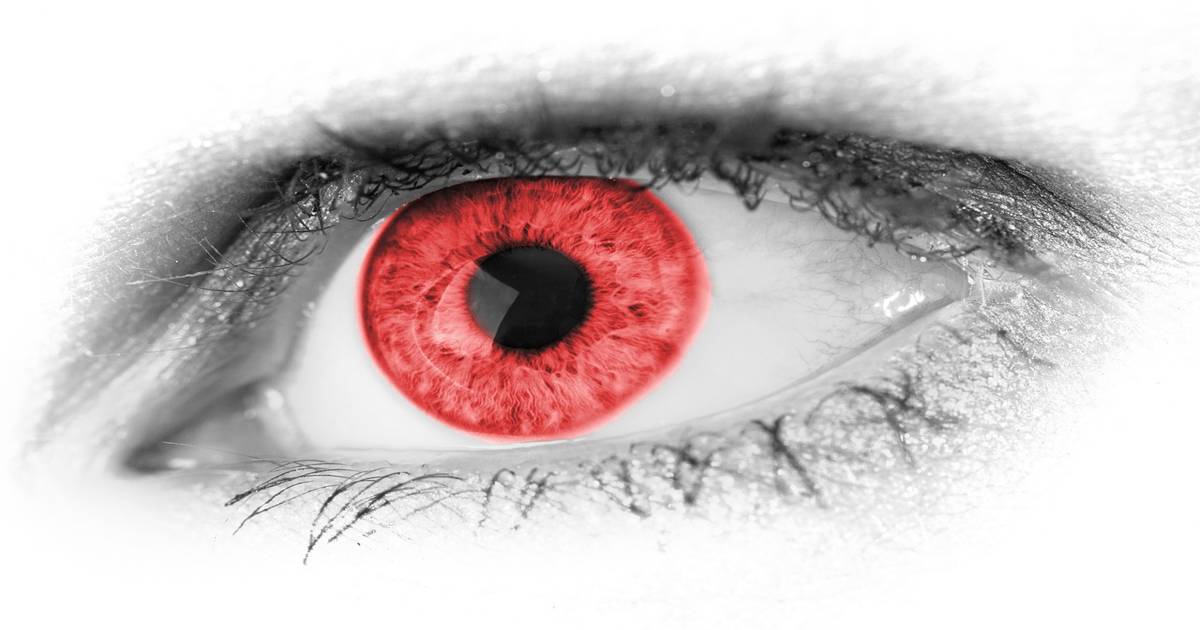
How to Detach Yourself from Your Thoughts Using Mindfulness You can detach yourself from your thoughts using a process known as detached mindfulness. … Use Open Monitoring Meditation. … Place Your Focus on Small Tasks. … Acquaint Yourself with Uncertainty. … Don’t Beat Yourself Up. … Improved State of Mind. … More Mental Clarity. More items…
How do I heal myself emotionally?
How to Heal Deep Emotional Wounds Step-by-Step Recognize Your Emotions. … Find the Source of Your Pain. … Fully Realize Your Emotional Wounds. … Ask Yourself How It Made You Feel. … Remember the Negative and Positive. … Express Your Pain. … Redefine Your Reality. … Emotional Healing Meditation. More items… • Nov 8, 2020
Does crying relieve stress?
Many people associate crying with feeling sad and making them feel worse, but in reality, crying can help improve your mood – emotional tears release stress hormones. Your stress level lowers when you cry, which can help you sleep better and strengthen your immune system. Feb 19, 2021
What can stress do to a woman’s body?
Common symptoms of stress in women include: Physical. Headaches, difficulty sleeping, tiredness, pain (most commonly in the back and neck), overeating/under eating, skin problems, drug and alcohol misuse, lack of energy, upset stomach, less interest in sex/other things you used to enjoy. Emotional. Feb 13, 2019
What are the 4 types of personality?
The four temperament theory is a proto-psychological theory which suggests that there are four fundamental personality types: sanguine, choleric, melancholic, and phlegmatic.
What personality types are prone to anxiety?
Personality factors Research suggests that people with certain personality traits are more likely to have anxiety. For example, children who are perfectionists, easily flustered, timid, inhibited, lack self-esteem or want to control everything, sometimes develop anxiety during childhood, adolescence or as adults.
What is a strong personality?
People with strong personalities are assertive, focused, determined, and proactive. Tapping into this empowering combination of qualities, they are effective as leaders, teachers, students, creators, administrators, supervisors, and entrepreneurs. Mar 22, 2022
What is a symptom of too much stress over a long period of time?
The physical symptoms of chronic stress are varied and vast, and can include acne, headaches, rapid heartbeat, sweating, changes in appetite, digestive issues, chronic pain, and more frequent infections or bouts of sickness. Dec 14, 2021
Can your body shut down from stress?
“When the body cannot handle emotional overload, it simply begins to shut down. And that is often manifested by a sense of extreme tiredness and fatigue,” says Kalayjian. Jan 1, 2006
What are your signs of stress?
If you are stressed, you might feel: Irritable, angry, impatient or wound up. Over-burdened or overwhelmed. Anxious, nervous or afraid. Like your thoughts are racing and you can’t switch off. Unable to enjoy yourself. Depressed. Uninterested in life. Like you’ve lost your sense of humour. More items…
What is the 3 3 3 rule for anxiety?
Follow the 3-3-3 rule. Look around you and name three things you see. Then, name three sounds you hear. Finally, move three parts of your body — your ankle, fingers, or arm. Mar 26, 2017
What is the main cause of anxiety?
Difficult experiences in childhood, adolescence or adulthood are a common trigger for anxiety problems. Going through stress and trauma when you’re very young is likely to have a particularly big impact. Experiences which can trigger anxiety problems include things like: physical or emotional abuse.
How do they test for anxiety?
To diagnose an anxiety disorder, a doctor performs a physical exam, asks about your symptoms, and recommends a blood test, which helps the doctor determine if another condition, such as hypothyroidism, may be causing your symptoms. The doctor may also ask about any medications you are taking.
What are signs of high anxiety?
Common anxiety signs and symptoms include: Feeling nervous, restless or tense. Having a sense of impending danger, panic or doom. Having an increased heart rate. Breathing rapidly (hyperventilation) Sweating. Trembling. Feeling weak or tired. Trouble concentrating or thinking about anything other than the present worry. More items…
What foods increase anxiety?
Foods (and drinks) that are stress- and anxiety-provoking Alcohol. Caffeine. Sugary drinks and foods. Processed foods, such as chips, cookies, frozen foods and ready-made meals. Foods high in trans fats and excessive saturated fats, such as fried foods, red meat, full-fat dairy, butter and baked goods. Sept 21, 2021
What is the most treatable mental illness?
Depression is among the most treatable of mental disorders. Between 80% and 90% percent of people with depression eventually respond well to treatment. Almost all patients gain some relief from their symptoms.
Does anxiety increase with age?
Anxiety becomes more common with older age and is most common among middle-aged adults. This may be due to a number of factors, including changes in the brain and nervous system as we age, and being more likely to experience stressful life events that can trigger anxiety. May 21, 2020
What does anger say about a person?
Anger is a negative feeling state that is typically associated with hostile thoughts, physiological arousal and maladaptive behaviors. It usually develops in response to the unwanted actions of another person who is perceived to be disrespectful, demeaning, threatening or neglectful.
Can an angry person change?
Can Someone with Anger Issues Change? People can and do change their behavioral patterns all the time–that’s often the goal of therapy. However, people with anger issues can only change if they make a commitment and put in the work. Sept 13, 2020
Is anger a mental illness?
What causes anger issues? Many things can trigger anger, including stress, family problems, and financial issues. For some people, anger is caused by an underlying disorder, such as alcoholism or depression. Anger itself isn’t considered a disorder, but anger is a known symptom of several mental health conditions.